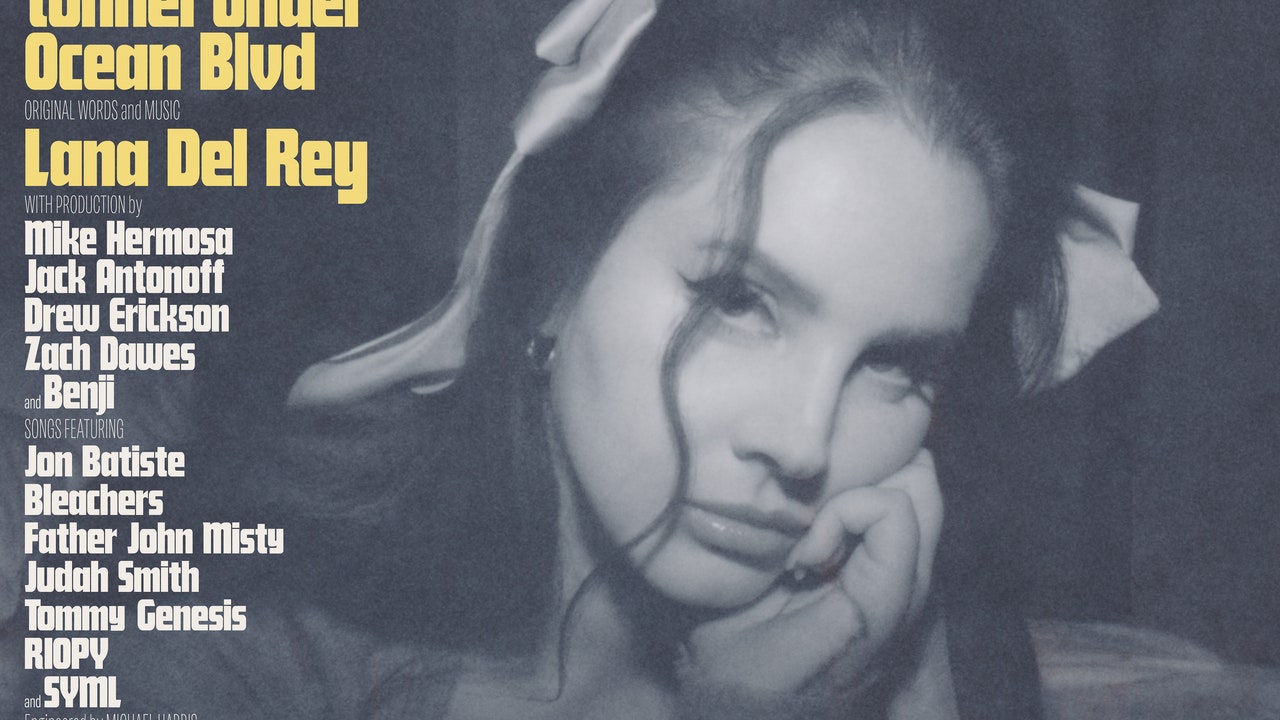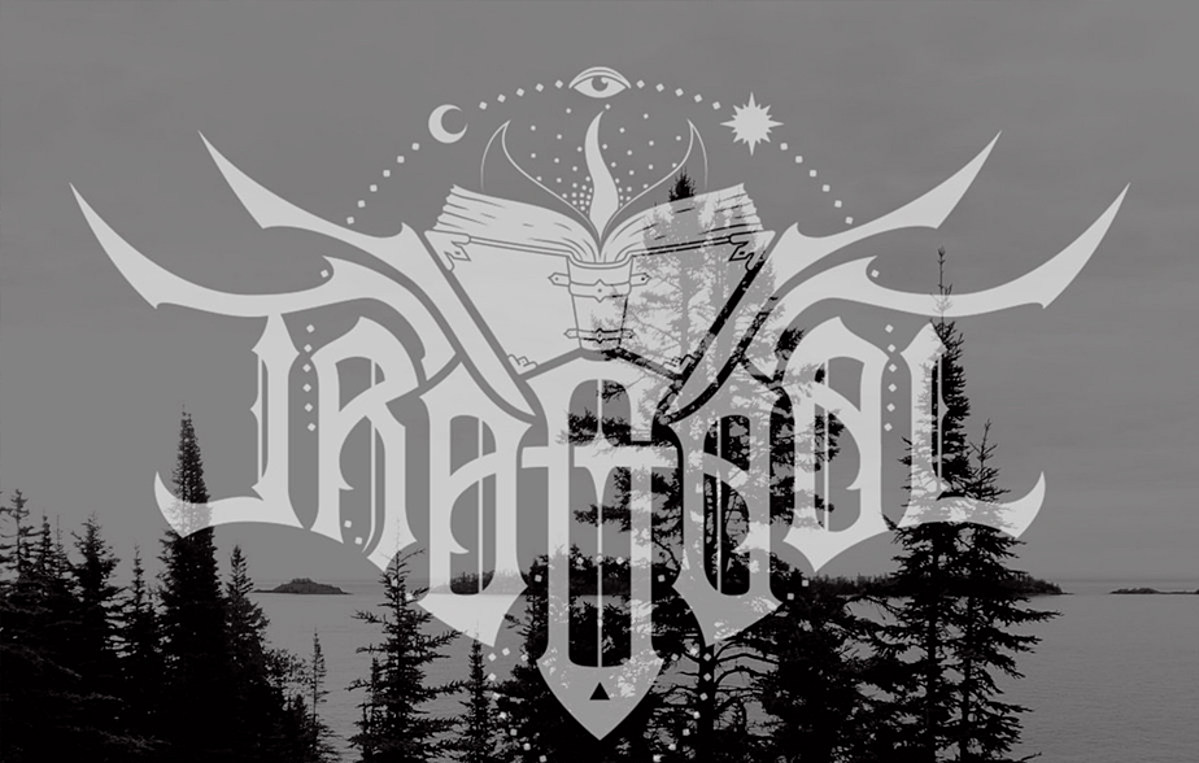Such a sentiment could easily be extrapolated into a comment on millennial unease, but this feels more personal. It’s Lana, a self-made emblem of vulnerable womanhood—in her own words, “a modern-day woman with a weak constitution”—at her most genuinely unguarded. She was nervous to send early sketches to producer Drew Erickson, she said, and even in finished form, the material sounds like it’s for her ears only. With its solemn hush, meticulously rendered but opaque details, and lack of organizing logic, “Fingertips” seems disinterested in holding our attention. There’s no rhythm, no structure, only the strings and the Wurlitzer picking up Lana’s breadcrumbs as she wanders the misty forest of her own memory.
Elsewhere, Lana throws stones into these still waters, most memorably on “A&W.” She writes from the perspective of the other woman, a familiar figure in her discography—sometimes, a sympathetic lonely heart; here, a symbol of the ire that unorthodox women unleash. “Did you know that a singer can still be looking like a side piece at 33?” asks Lana—unmarried and child-free at 37, a subject of constant physical scrutiny. The title is a fit-to-print stand-in for “American Whore,” and Lana cycles through her many avatars: an embattled attention-seeker, an illicit lover, an imperfect victim (“Do you really think that anybody would think I didn’t ask for it?”). Then, after a radical about-face that steers the song from voice-memo balladry into boom-bap playground rap, she is someone else entirely: a girlish brat tattling to someone’s mom. A critic, albeit a clumsy one, of empowerment feminism, Lana here embodies characters that point to just how little girlbossing has done to remedy societal malice toward women. They reflect an enduring taxonomy, reified in a post-Roe landscape: We are whores who deserve what we get, or else children to be saved from our own decisions.
Where do we go from here? To church, apparently. Lana follows “A&W” with a sermon on lust from Judah Smith, the Beverly Hills pastor and influencer who counts the Biebers (and Lana too) among his congregants. The four-and-a-half-minute homily, accompanied by melancholy piano, is presented with little comment beyond an occasional laugh or affirmation, possibly from Lana herself; given its placement, the track seems designed more to inflame than to enlighten. At the end, though, comes an interesting kernel: “I used to think my preaching was mostly about you,” Smith concedes, “…I’ve discovered that my preaching is mostly about me.”
Now more than ever, Lana’s preaching is mostly about her, reflecting a growing instinct to self-mythologize. On Ocean Blvd, she sings explicitly about being Lana Del Rey, with lyrics like “Some big man behind the scenes/Sewing Frankenstein black dreams into my song” pointing all the way back to the industry-plant allegations that surfaced around the time of her debut. That backward-looking gaze also settles on hip-hop, a longstanding presence in her work that was substantially dialed down after 2017’s Lust for Life. The trap beats are back, at least in the record’s final stretch, where they accompany some of Lana’s most willful provocations. Her lyrics flirt with transgressions that have previously landed her in hot water, within and beyond her music: casual Covid noncompliance, brownface. There’s a sense of doubling down, of insistence that her path is hers alone to forge. On “Taco Truck x VB,” the chimeric closer that is partially a trap remix of Norman Fucking Rockwell!’s “Venice Bitch,” Lana elbows her way in front of the criticism: “Before you talk let me stop what you say/I know, I know, I know that you hate me.” She is fresher yet out of fucks.


